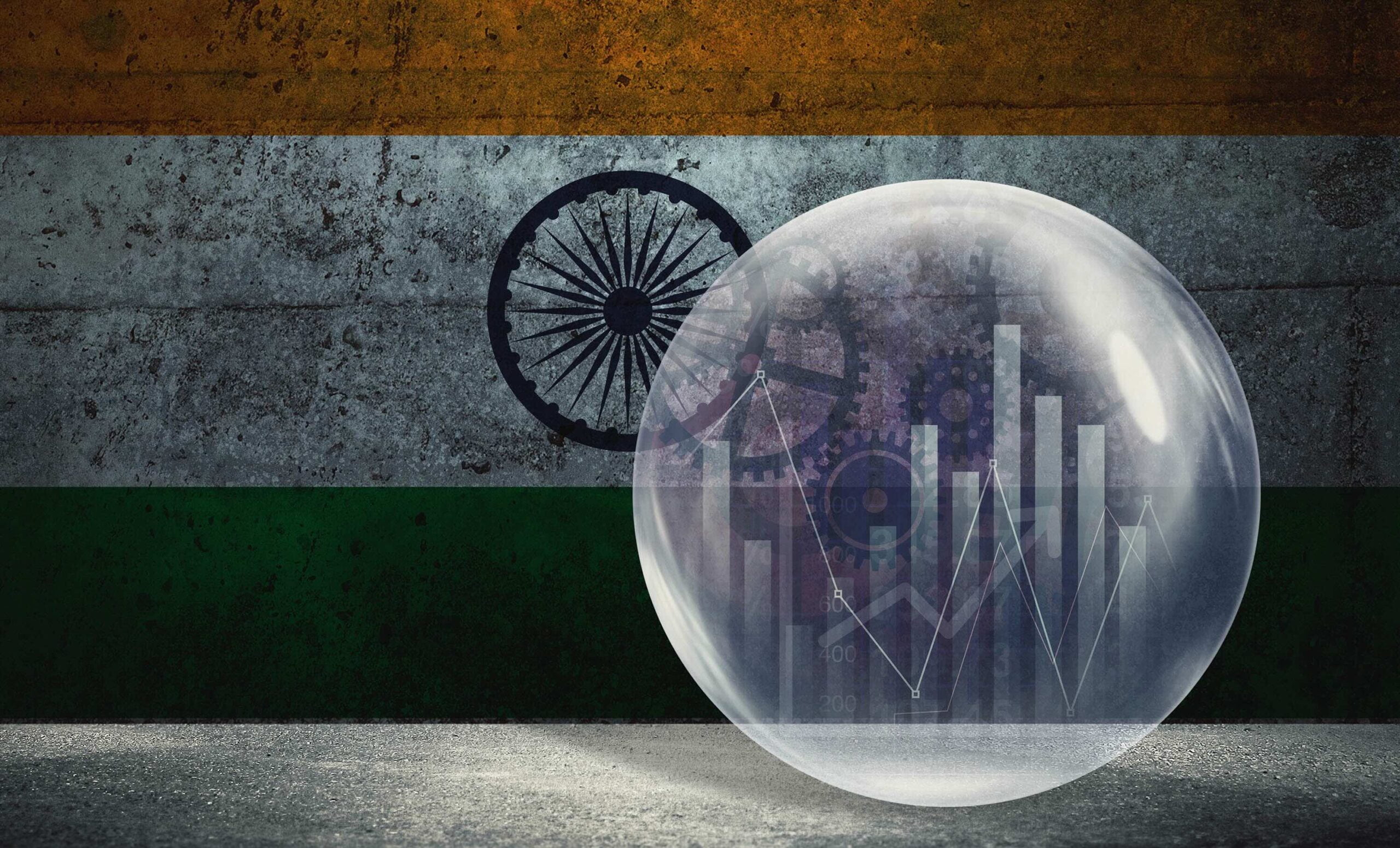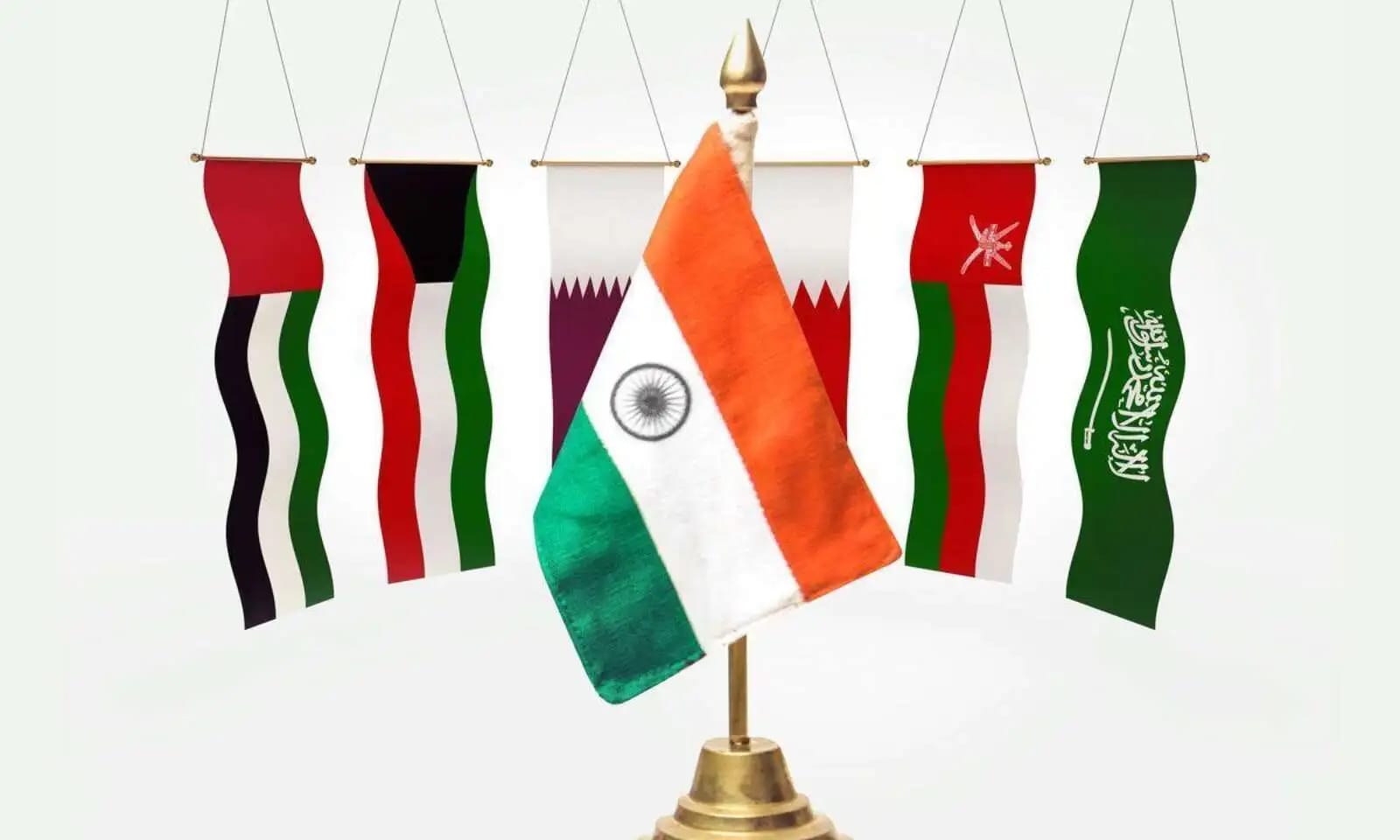Since independence, up until 1991, India had never attempted to establish formal diplomatic relations with the State of Israel. Not that it did not want to, but it was mainly because of the popular Indian sentiment that it should not keep connections or do any business with the nation that ostracises and conducts atrocities against Palestinian Muslims. And also, because certain sections of the society did not want the Indian state to recognise Israel as a separate entity in itself. Is appeasing and pacifying the heated sentiments of the people considered the deciding factor in foreign policy engagements of a nation?
Nowadays geopolitics has become a decentralised affair, where every common man on the street is aware of the happenings in Ukraine and Gaza. Also, with the spurt in mobile phone usage and the large consumption of social media content, news, and popular videos that shape the narrative, every global event has the speed of light to reach almost every nook and corner of the world.
In this piece I will delve into the nature of popular emotions and how it cannot be the basis for foreign policy decision-making, what the possible consequences are and why they need to be complementary and not substitute to the interests-based policy stance.
Popular Emotions and Its Nature
All the views and opinions expressed are those of the author. Image Credit – Fortune India.
About the Author

Amey Velangi is a Research Consultant at the Phadke Journal of Strategic Studies (PJSS), research division of The Viyug. He is also a researcher at Geojuristoday. He is a Fellow Researcher at Chanakya University. He holds a Master’s degree in Public Administration & Public Policy from Indra Gandhi National Open University (IGNOU). He completed Bachelor of Commerce (BCom) at KLE Society’s Lingaraj College.



